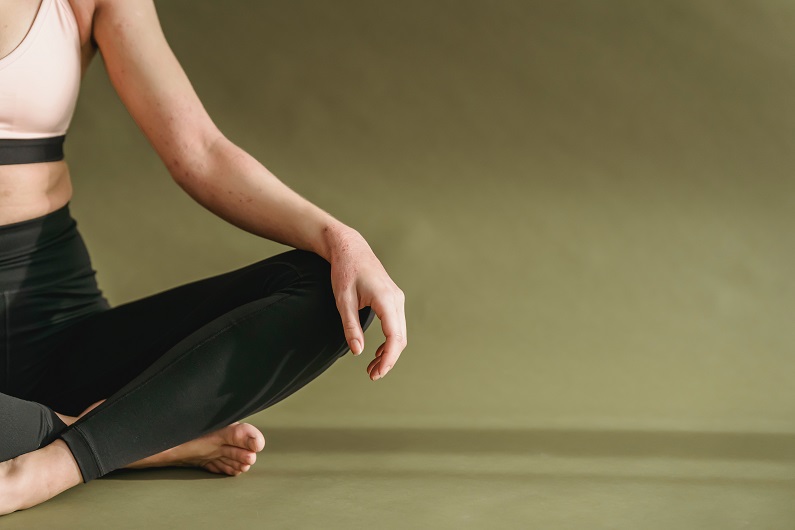Are you engaging in a contemplative practice? Maybe you have an existing practice or you’ve recently embarked on something new.
Whatever your practice may be, I have a question for you to consider on your journey.
It’s a question that tends to get overlooked in contemplative practice. I admit that I, too, have been deep on a path without really stopping to ask myself this.
Yet, it’s an important one to keep in mind.
This question is…
“Is this practice enhancing or degrading your ability to connect and function in the world?”
You may have begun your practice with an intended benefit in mind. Maybe a friend suggested it, or perhaps, our broader society keeps telling you it will be good for you.
There’s no shortage of people and publications touting the benefits of meditation or yoga. Yet, there’s little discussion around varying forms of these practices that may be helpful to some people, in some circumstances, and not so much in others. There’s virtually no mention of the potential adverse side effects.
I speak from pitfalls I have faced myself…
As a teen, I practiced Kriya Yoga, which entailed an hour of prāṇāyāma practices each morning. I distinctly recall an instance when my dad unintentionally interrupted my practice. My peaceful state abruptly vanished, I shot a disdainful look at him, and we ended up in an argument. My practice didn’t exactly translate to being more compassionate, forgiving, or even flexible.
I began with Ashtanga Yoga in my late 20s. I thought I felt great after my practice, even though I would be tired, unfocused, and in physical pain a couple of hours later. It took me years to come to terms with the havoc it wreaked on my body and nervous system.
These experiences are just a couple among many that have shaped the teaching principles I follow today.
To be clear, it’s not my intention to denigrate these practices or traditions. They have their place depending on the individual, stage of life, aim, and context…things that get lost in modern yoga.
But they didn’t match up with my system and what I needed for functional living at those phases of my life.
Any practice requires time and dedication. You can give yourself time to explore.
Just keep in mind that your practice should serve you, and there’s nothing wrong with you if you come to find that it’s not.
Check in along the way to assess whether your practice is truly helping you live out your capacities and connect with the surrounding world.
4 Questions for Your Contemplative Practice
- What is my purpose for engaging in this practice?
- How do I feel during this practice and hours after?
- Is this practice helping me to connect and relate more to others?
- Is this practice supporting me to better function in my daily life?
It took me time to give myself permission to shift gears, but I’m grateful that I did for more reasons than I can lay out in this blog. There may be a time when you need that permission too and I want you to know you’re not alone. It’s okay to let go or try something else.
What about you?
If you’ve had a similar experience or realization with a contemplative practice, I invite you to share in the comments below.


Seeking Meaningful Travel Without the Overwhelm?
Success! Look for my welcome email in your inbox. If you don't see it, check your SPAM!